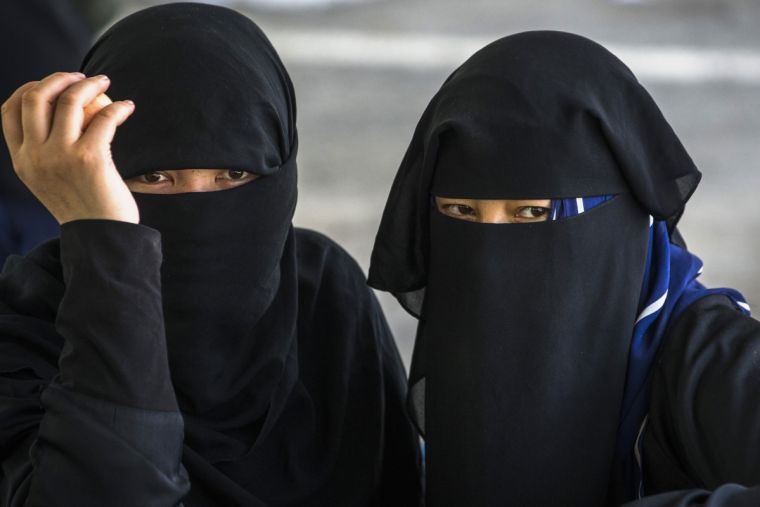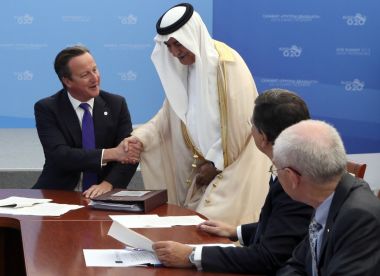Cameron condemns 'conservative religious practices' that isolate women
David Cameron has attacked conservative Islamic practices and treatment of women as he announced a £20m fund to improve English classes for migrants.
The Prime Minister warned women who failed to improve their English would lose the chance to remain in Britain as part of an attempt to integrate isolated communities and prevent radicalisation. Writing in the Times, he attacked the "passive tolerance" of "conservative religious practices" that marginalise and discriminate against women.
Although he denied there was a "causal connection" between poor English and extremism, he said language classes would help make isolated communities more resilient.

"If you're not able to speak English, you're not able to integrate, you may find, therefore, that you have challenges understanding what your identity is and you could be more susceptible to the extremist message that comes from Daesch [ISIS]," he told BBC Radio 4's Today programme.
"While I heard great examples of so many women who are flourishing in our country," he added, "some painted an alarming picture of forced gender segregation, discrimination and social isolation from mainstream British life."
As well as English classes, Cameron announced a review of Sharia courts in an effort to make them "more assertive" in confronting men who exert "damaging control over their wives, sisters and daughters".
"This is Britain. In this country, women and girls are free to choose how they live, how they dress and who they love. It's our values that make this country what it is, and it's only by standing up for them assertively that they will endure."
Cameron claimed that 22 per cent of British Muslims speak "little or no English" and "this has to be tackled head on".

However some Muslims have said he is danger of conflating two issues. Dal Babu, a former chief superintendent with the Metropolitan Police who now works with families whose children have gone to fight with ISIS, said the £20m was welcome but that only six per cent of Muslim women didn't speak good English, not the 22 per cent the Prime Minister quoted.
"My concern is how we have conflated the issue of learning English with stopping radicalism and extremism... to conflate the two is unhelpful," he told BBC's Today.
Cameron was at pains to condemn "Islamophobic hate crime...for instance, the disgraceful pulling of women's headscarves in the street", but said there was "an important connection" between isolated communities and extremism.
"Think about the young boy growing up in Bradford. His parents came from a village in Pakistan. His mum can't speak English and rarely leaves the home, so he finds it hard to communicate with her, and she doesn't understand what is happening in his life," he wrote.
"At the same time, as a teenager he is struggling to identify with western culture. Separate development and accepting practices that go against our values only emphasise differences and can help prompt the search of something to belong to.
"When that happens, the extremist narrative gives him something – however ridiculous – to believe in."
Cameron's intervention comes a day after Jeremy Corbyn alluded to the possibility of opening up communications with ISIS militants.











